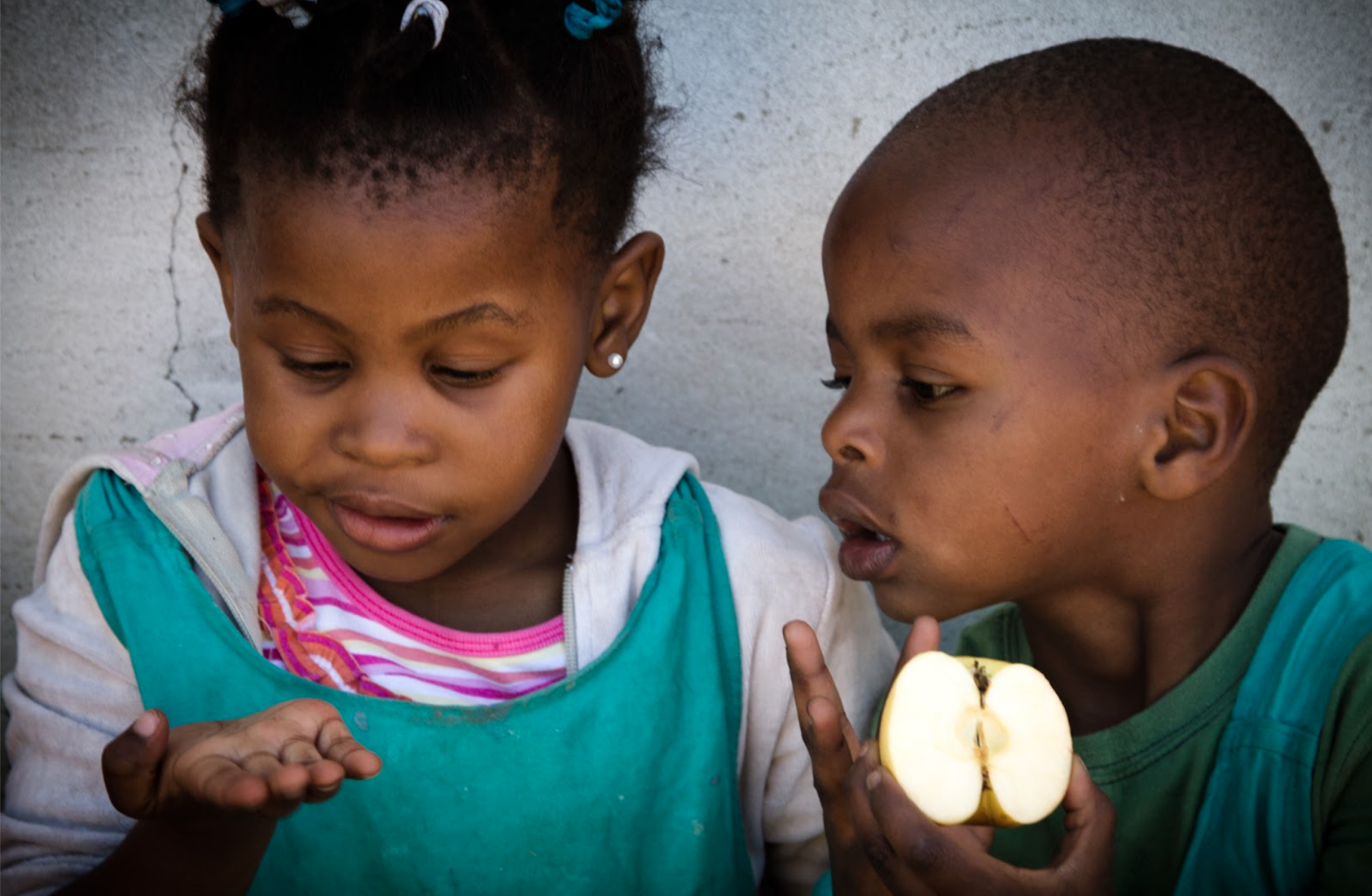By Phillip J. Lewis / GICJ

Scholars agree that economic insecurity, migration, and the lack of contact with people from other cultures are some primary factors that aid in prejudice and xenophobic violence. South Africa struggled with these factors, starting in the mid-1800s, when the country encouraged immigration and conducted robust campaigns for migration up until the 1970s.
In 2019, the government created the National Action Plan to Combat Racism, Racial Discrimination, Xenophobia, and Related Intolerance [1]. The 67-page document proffered by the South African Government outlines the historical context, definition, understanding, and measures for discrimination. However, it fails to propose options for what has been understood by world leaders and organisations as the primary ways to combat disparate treatment of migrants and decrease targeted violence:
- Economics
- Migration Policy
- Engagement with differing cultures and people
Economic Insecurity
According to labour reports published in 2020, before the pandemic, the unemployment rate in South Africa was 29.1%. It was also reported that the annual economic growth rate increased by about 1.7% over ten years. Rising inflation, at times as high as 6.5% (in 2017), aids in growing, and understandable stress on citizens who have been experiencing financial hardships during this time. Much of the rhetoric and association with economic struggle has created a narrative that migration is a direct cause of current economic uncertainty. There has been no detailed research on the impact of poverty and criminal activity in South Africa. However, there is a body of work that has been produced outside the country that supports a correlation between economic distress, policies that ignore this, and the increased rate of criminal acts in populations that carry the greatest economic instability [2]. Recently, the World Bank released its Inequality in Southern Africa report. This report confirmed that South Africa is one of the most unequal societies in the world, with more than 10% of the population accumulating 71% of all wealth in the country. Systemic forms of inequality, increased inflation, and economic instability exacerbates the increased irritability, fear, and rhetoric that cause migrants to commit crimes and experience poverty within the State. For example, although population growth between 2002 and 2006 increased by 6%, there was no respective growth in jobs for skilled labour within the same timeframe, leading to another recession from 2007-2009 [3].
Migration Policy
South Africa has had significant growth since post-1994, with migration movements primarily aimed to attract skilled labour and increase the demand to produce goods. However, over time tensions regarding immigration rose, and the government abandoned meeting labour demands. Most recently, politicians have been on a campaign to paint the countenance of issues because of, and complicated by, the actions of foreign actors, and not the policies set in motion leading to the current atmosphere by the government so long ago.
However, all legal forms to address growing concerns have been aimed at finding, detaining, and deporting migrants. Programs like “Operation Restore” aimed to provide the appearance of addressing the growing concerns for migration and xenophobic violence. However, the most that came from this effort was the arrest of more than 400 people, most suspected of being immigrants. Operation Restore is one of the many examples where efforts to address migration ultimately resulted in the detaining, criminalising, and mischaracterizing of foreigners. This policy created hardship in South Africa and further aided the narrative that “foreigners are the problem.” Additionally, codification of policies restricting foreign business engagement aids in ensuring economic stress, social isolation, and ensuring that migrants have systemic forms of oppression to overcome which all aid in xenophobic views and actions.
Engagement with people from other cultures
Research shows that a significant factor in decreasing bias, racism, and xenophobia is the exposure and social engagement of differing cultural and ethnic groups [4] .These aid in reducing stigma and fear and combats negative associations that may stem from propaganda or misinformation. To date, South Africa has offered no concrete policies or agendas specifically aimed at educating, celebrating, or honouring the varying cultures and identities of migrants relocated to the country. In most aspects of communicating or discussing a foreign ethnic group, it is traditionally attached to a problematic idea, view, or issue that is expressed to be a cause or co-relates to the identified migrant population. Without direct attention to educating citizens on those who are now attempting to engage in South African society, there is no valid route towards integration and addressing the rhetoric surrounding the impact on migrants to the country—indirectly stoking the fire that has irrupted to increased xenophobic violence.
Geneva International Centre for Justice (GICJ) stands with those who have been misplaced due to war, political strife, natural disasters, poverty, and any other human rights issue leading to the migration from a home country for the safety and security of another. As a global community, we must ensure that, because of migration, those who are disenfranchised are not exposed to racism, bigotry, xenophobia, and violence due to circumstances beyond their control. It is within our mission and international obligation to prevent crimes from being committed against persons due to their cultural or ethnic makeup and implore all countries to take swift, conducive, and measurable actions to decrease and eventually eliminate xenophobic violence everywhere.
South Africa, Migration, Economic Insecurity, Engagement, Geneva4Justice, GICJ, Geneva International Centre for Justice, Justice
[1] https://www.justice.gov.za/nap/docs/NAP-20190313.pdf
[2] https://digitalcommons.iwu.edu/parkplace/vol28/iss1/8
[3] https://mg.co.za/top-six/2022-03-20-poverty-and-policy-drives-xenophobia-in-south-africa/
[4] https://doi.org/10.1016/b978-0-08-097086-8.24031-2
Image Source: https://flic.kr/p/cGgBES









